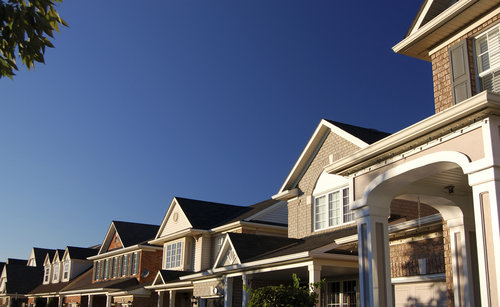When it comes to the housing market’s ever-worsening inventory situation, one factor receives an outsized share of the blame – the historically low levels of home construction. Although the explanations for construction’s low volume differ – NAR has consistently argued that builders need to step up their activity, while the builders themselves point to labor shortages and regulatory constraints – they ultimately come back to low construction as being the main cause behind the market’s inventory blues.
New research from Zillow, though, reminds us of another, less publicized factor: low equity levels among homeowners. Although the nation’s equity situation has improved, falling from 13.4 percent in 2015 to 10.9 percent now, thousands of homeowners remain underwater on their mortgages, and thousands more remain mired in near-negative equity, meaning they do not have enough equity to comfortably sell their home and cover the costs of the transaction.
And despite its strengths, the Greater Boston market has its own problems with equity. In addition to the 49,005 homes that remain in negative equity, the metro area’s effective negative equity rate (which includes near-negative homeowners) is 14.3 percent – in other words, a decent share of the area’s homeowners are unable to list their homes.
So it may be a secret reason, but negative equity may very well be the most compelling reason of all for the inventory shortage.
See our chart below for a more detailed breakdown of Zillow’s numbers:
| Metro Area | Percent of Underwater Homeowners | Number of Homes in Negative Equity | Effective Negative Equity Rate |
|---|---|---|---|
| Atlanta | 13% | 127,592 | 30.3% |
| Boston | 6.2% | 49,005 | 14.3% |
| Chicago | 17% | 277,867 | 33.5% |
| Houston | 6.9% | 59,000 | 19.4% |
| Los Angeles | 5.7% | 90,452 | 14% |
| Miami | 10.6% | 88,840 | 21.1% |
| New York | 10% | 250,842 | 21.5% |
| Philadelphia | 11.8% | 124,492 | 29.4% |
| Phoenix | 11.2% | 79,519 | 29.6% |
| San Francisco | 3.7% | 24,224 | 8.9% |
| Seattle | 6.6% | 41,667 | 17.2% |


Finally low equity rates are being discussed. I think we will see the number of homes with negative equity rise in the next 2 years.